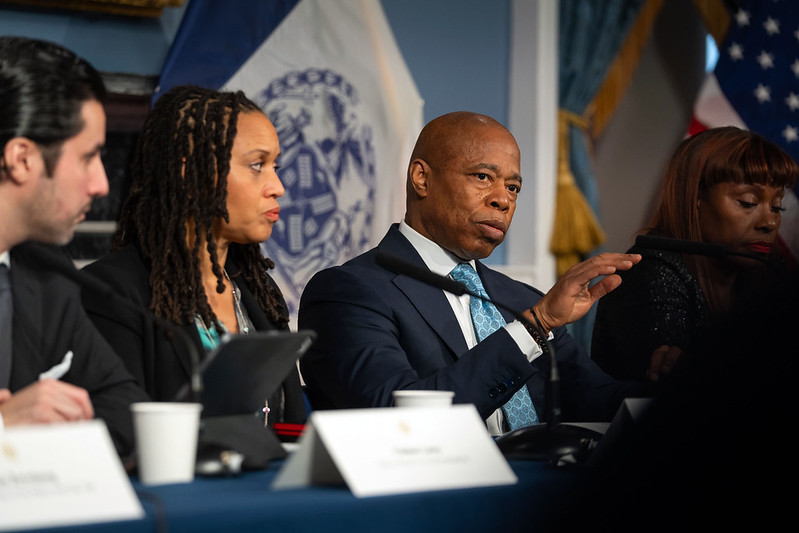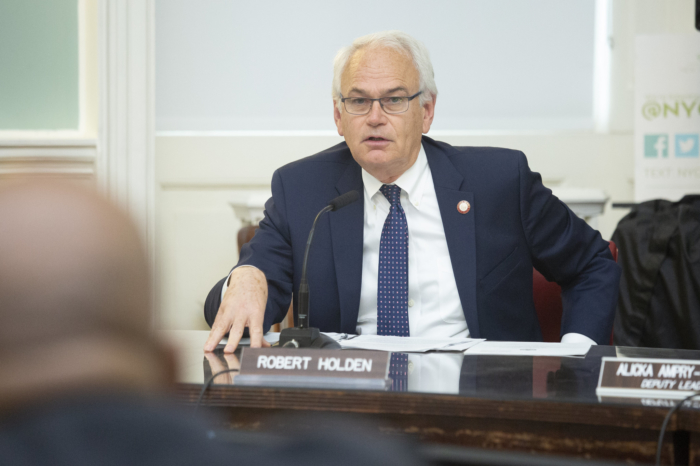By William Lewis
Our president is restricted to two four-year terms in office. It was the tradition in the U.S. government before it became law with the 22nd Amendment.
That tradition has been carried on in the history of our country, with the exception of Franklin Roosevelt, who was elected and re-elected three times. Few traditions have held as much as the four-year terms.
It was George Washington who set the tone of serving two terms as president before relinquishing office. There may have been many reasons why he did this. The one primary reason seems to be he was tired of the press that opposed him, attacking him in their newspapers. They were constantly accusing him of being a dictator and wanting to become king of our nation. He gave up the presidency after two terms since he was weary of these relentless attacks against what he considered his integrity.
The U.S. Constitution states that U.S. senators serve for six years and the U.S. House of Representatives members serve for two years. There have been few attempts to change that and few criticisms of the policy, although President Lyndon Johnson indicated that he would like to see the House members given a three-year term. Nothing came of it during his presidency.
With all the talk about term limits during recent years, it is time to consider the length of office that our highest public officials serve, especially in the federal government. If we are going to make these changes, the time has come to consider a Constitutional Convention where these matters can be debated and given serious thought. It has also been said that our term of office for the presidency should be extended to three four-year terms from the present two.
When we consider term limits at the highest level of government, we are considering our highest elected officials in such a way as to not give the people a chance to vote for whoever they wish since the incumbent has been eliminated as a potential candidate.
Democracy has many aspects to it, and one of them is that we may vote for whoever we wish. When voting is restricted to everyone except the incumbent who has served the maximum number of terms, it limits democratic alternatives. It could be said regarding the limits that the people are not trusted to vote for a new fresh candidate and they will continue to vote for the incumbent. It is the right and privilege of voters to vote for whoever they wish including the incumbent officeholders. However, this matter should be debated before a Constitutional Convention or something close to it.
We are at the time when our high officeholders, especially those in executive positions, have the knowledge and experience to carry on successful policies. That is especially true in foreign policy. We have a Constitution that has been strong and enduring, but from time to time, changes are needed. Just consider all the amendments that have been added to this document.
We need to have our officeholders stay in office long enough to establish policies and continue with them to hopeful success.

































